Opponents of British membership of the European Union gained their most prestigious recruit when the former chancellor Lord Lawson claimed the British economy would be better off outside the EU.
Lawson said the profoundly misguided aim of the EU was to create a federal European superstate – a United States of Europe – and concluded "that is not for us". The EU, he said, has passed its sell-by date and has become "a bureaucratic monstrosity" from which the UK should break free. After an association with Brussels of 40 years, he said, "the case for exit is clear".
In an article in the Times, Lawson writes that as a result he would vote for the UK to leave the EU if, as he hopes, the issue is put to the British people in a referendum in 2017.
Lawson, who was chancellor from 1983 to 1989 under the leadership of Margaret Thatcher, has previously said any renegotiation with the UK's EU partners would fail.
His latest remarks will embolden the growing Eurosceptic mood in the Conservative party in the wake of last week's impressive county council election showing by Ukip.
It puts pressure on David Cameron to advance legislation on a referendum on UK membership of the EU in this parliament, and even to hint he will oppose continuing British membership unless he gains substantial concessions in the talks he is planning with his European colleagues. Lawson suggest Cameron will win no substantial reforms.
While it was "by no means assured" that Cameron would win the 2015 general election, Lawson said he believed public demand was such that a referendum would have to happen under Labour in any case.
Dismissing the chances of either party securing significant reforms, he said Brussels would fear a "general unravelling" as other countries sought to match the return of powers.
"The heart of the matter is that the very nature of the European Union, and of this country's relationship with it, has fundamentally changed after the coming into being of the European monetary union and the creation of the eurozone, of which – quite rightly – we are not a part.
"That is why, while I voted 'in' in 1975, I shall be voting 'out' in 2017," he writes.
Lawson remains a respected figure in Tory circles and is seen as the great reforming intellectual chancellor under Thatcher.
Despite his advanced years and previous stance, his total conversion to the cause of British departure from the EU will be seen by many Eurosceptics as a turning point in the internal Tory battle over Britain's future.
He insists there would be advantages in the UK leaving the EU, currently its single biggest market. He writes: "You do not need to be within the single market to be able to export to the European Union, as we see from the wide range of goods on our shelves every day. The statistics are eloquent. Over the past decade, UK exports to the EU have risen in cash terms by some 40%.
"Over the same period, exports to the EU from those outside it have risen by 75%. The heart of the matter is that the relevant economic context nowadays is not Europe but globalisation, including global free trade, with the World Trade Organisation as its monitor."
He goes on: "Too much of British business and industry feels similarly secure in the warm embrace of the European single market and is failing to recognise that today's great export opportunities lie in the developing world, particularly in Asia.
"Just as entry into the Common Market half a century ago provided a much-needed change of focus, so might leaving the EU, an institution that has achieved its historic purpose and is now past its sell-by date, provide a much-needed change of focus today."
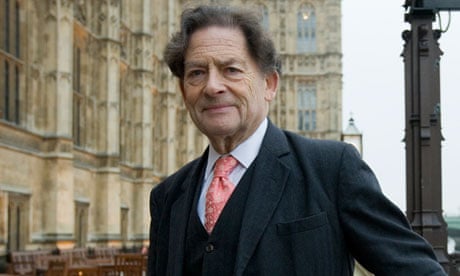

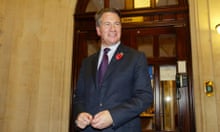
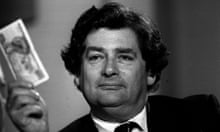


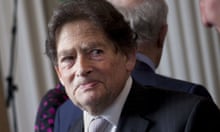
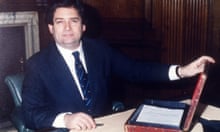


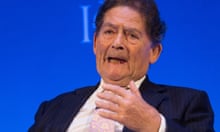
Comments (…)
Sign in or create your Guardian account to join the discussion